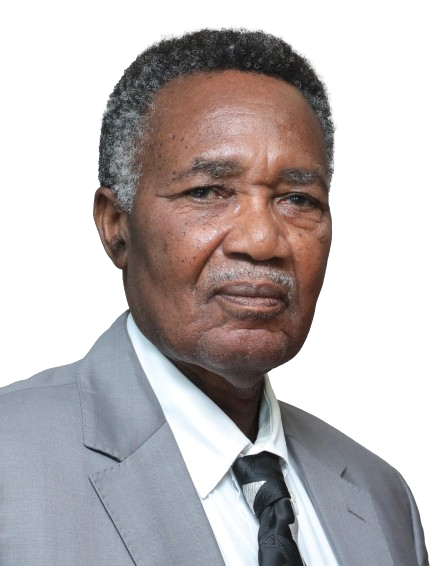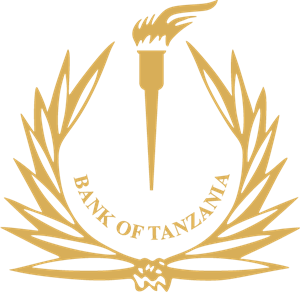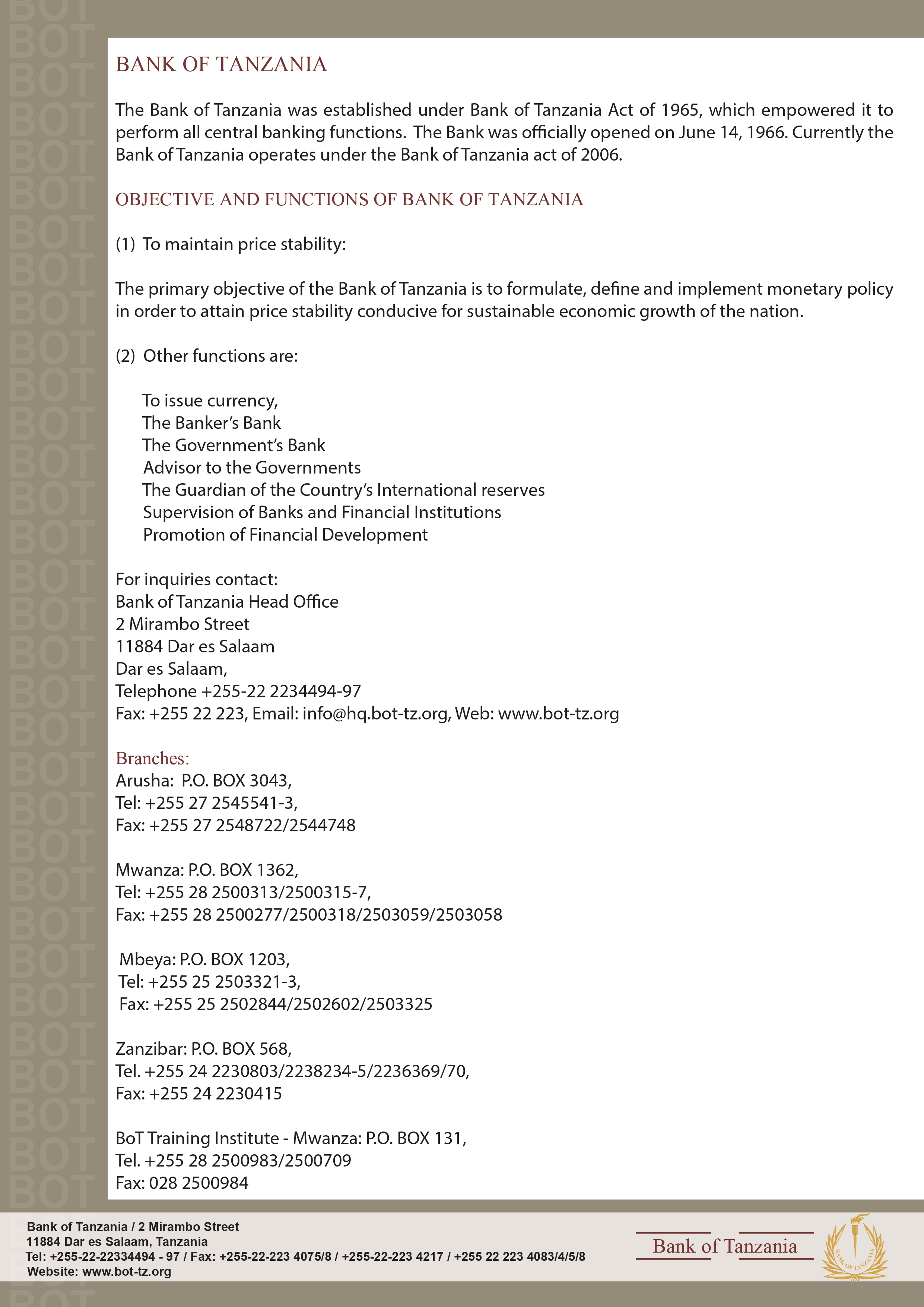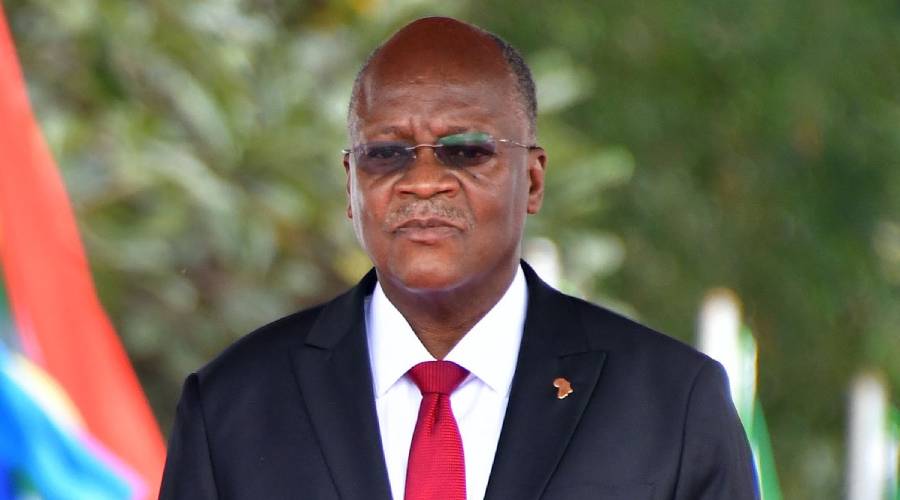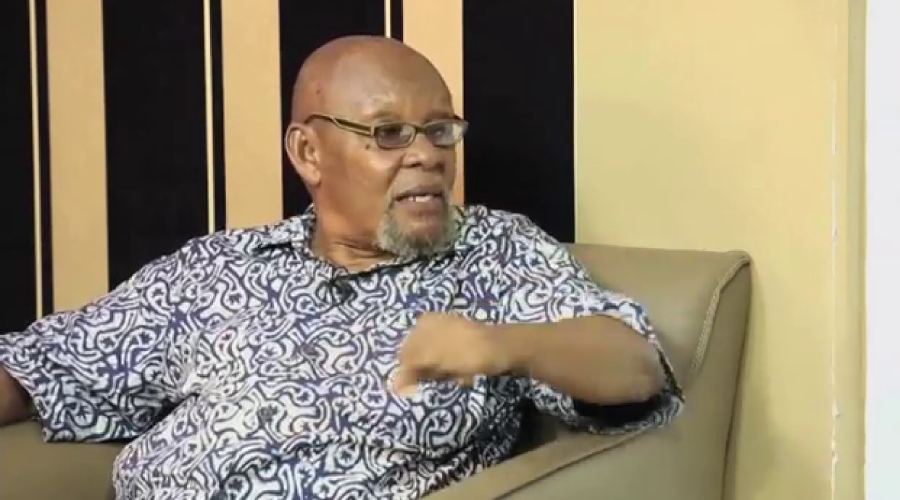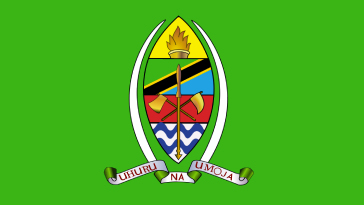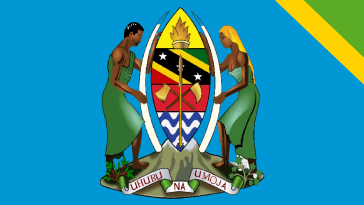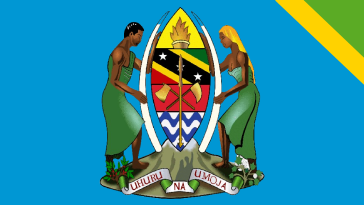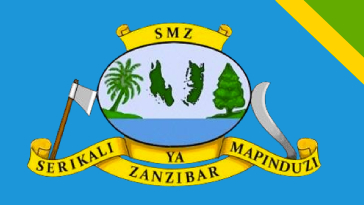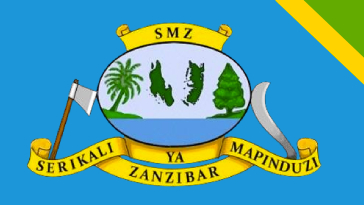The Bank of Tanzania is the Central Bank of the United Republic of Tanzania established by the Bank of Tanzania Act of 1965, It became operational on 14th June 1966. Various amendments to the Bank of Tanzania Act have been made leading to the Bank of Tanzania Act of 1978 and the Bank of Tanzania Act of 1995. Presently, the Bank of Tanzania operates under the Bank of Tanzania Act, 2006.
The history of monetary arrangements in Tanzania prior to the establishment of the Bank of Tanzania is divided into two parts, namely, the period before the establishment of the East African Currency Board (EACB) in December 1919; and the period until the opening of the doors of the Bank of Tanzania in June 1966.
Monetary arrangements in Tanzania prior to l919 were different in Tanganyika from those in Zanzibar. This was because the former was under German rule, whereas the latter had its own government. The currency on the Mainland was the German Rupee, made of silver, while the subsidiary coin was the Heller, which was 1/100 of the Rupee. In Zanzibar, the Indian Silver Rupee and its subsidiary coins were in circulation. In addition, shells and cattle used to serve as a store of value, and, to a certain extent, even as a medium of exchange.
Commercial banking was introduced in the country in 1905, when the Deutsch-Ostafrikanische Bank opened its office in Dar es Salaam. This bank had a concession from the German Government to issue its own notes and coins, which helped the bank to meet the demand for coins in exchange for its notes. A temporary mint was set up in Tabora. In 1911, another German bank, namely the Handelsbank fuer Ostafrika, opened a branch in Tanga. There also was an official savings bank.
After World War I, Tanganyika became a mandate territory of the United Kingdom (UK) and its monetary system was aligned to that of Kenya and Uganda, mainly in two aspects:
- through the establishment of the EACB in December 1919 and
- by auctioning off the assets of the German banks and permitting British banks to open their offices.
The regulations defining the Constitution, Duties, and Powers of the EACB stated that it had been constituted to provide for, and to control the supply of currency in the East African Protectorate, the Uganda Protectorate, and any other dependencies in East Africa, which might be added by the (UK) Secretary of State, to ensure that the currency was maintained in satisfactory condition, and generally to watch over the interest of the dependencies as far as currency was concerned.
Originally, the EACB operated in Tanganyika, Kenya, and Uganda. Zanzibar adopted its currency in 1936. Other occupied countries joined the Board later, but withdrew from it again after some time.
Mandate
Other Functions of the Bank of Tanzania
- 1.Issuance of currency;
- 2.Regulating and supervising commercial banks and financial institutions, including mortgage financing, development financing and lease financing;
- 3.Regulating, monitoring, and supervision of payment, clearing and settlement systems;
- 4.Guardian of the Country's Reserves;
- 5.Governments’ Bank;
- 6.The Bankers’ Bank; and
- 7.The Advisor to the Governments on economic and financial matters;







